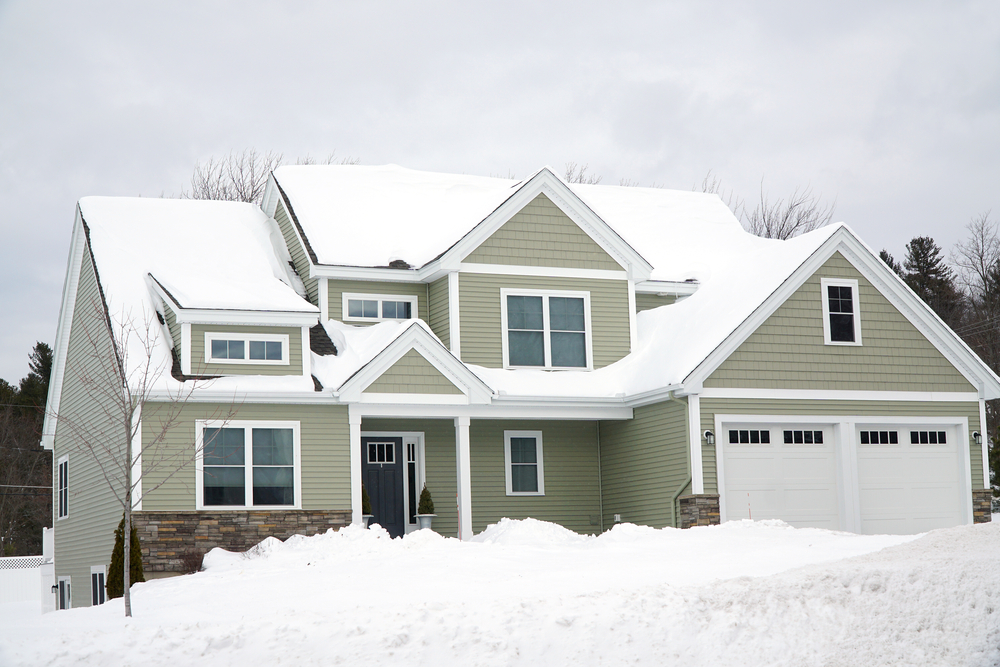Winter is when homeowners strive to fortify their homes against the weather. Typically, this is accomplished by tightening the seals to let cold air in and heat exit. Windows, doors, and insulation are essential factors to consider throughout the winterization process.
But what about waterproofing? Why would you want to investigate your home’s waterproof state while snow is on the way?
Benefits Of Waterproofing Your Home In The Winter:
The following are some benefits of waterproofing your home during the winter.
- It helps you save on insurance
- Reduces the risk of flooding
- Restores the structural integrity of your home
- Reduces power usage
- Protects the basement floor, as well as keeps the basement from flooding
Waterproofing Techniques That Can Be Used During The Winter
Polyurethane injections are the most popular technique of waterproofing used to fix fissures. Polyurethane, either epoxy or foam, is poured into the crack and swells to cover the space inside. This is a long-lasting repair that should only need to be done once.
Steps To Take Before Winter For Waterproofing
Starting to prepare for snowy weather in the fall is a good idea. Follow these waterproofing tips to avoid the cost and trouble of a flooded home this winter.
Improving The Grading Of The Soil:
Snowmelt must be directed away from your foundation rather than toward it, which requires proper drainage. Therefore, the first step is to grade the area surrounding your home. A slope of roughly 5% is ideal, implying the ground should slope downhill six inches over ten feet.
Set Up A Professional Drainage System.
A proven solution to prevent a flooded basement is a custom-designed sophisticated drainage system.
Sump Pump Installation
The sump pump activates when the water rises into the pit due to oversaturated soil, sucking the water out of the hole. This one-time investment can keep your property safe from flooding all year, even during the winter when snowmelt saturates the soil.
Clean the Gutters
Water rushes into the gutters and down the downspout as the snow on the roof melts. Install gutters this fall if your house doesn’t already have them to help protect the foundation. Also, clean your gutters every fall to remove dead leaves, pine needles, twigs, and other material obstructing water flow.
Get In Touch With Us To Waterproof Your Home Before The Winter
Look for a waterproofing specialist that is knowledgeable and experienced. Because you may not know how well your home’s foundation and basement are already protected from water, a preliminary examination will almost certainly be required to determine what (if anything) remains to be improved. Contact our waterproofing professional team at B-Dry if you’ve already had waterproofing troubles and are confident there’s a problem. Our B-Dry waterproofing team has the experience and expertise to complete the task perfectly.


